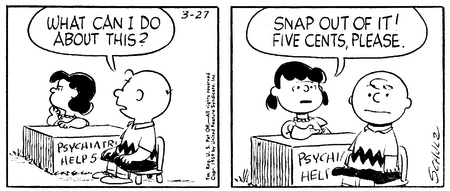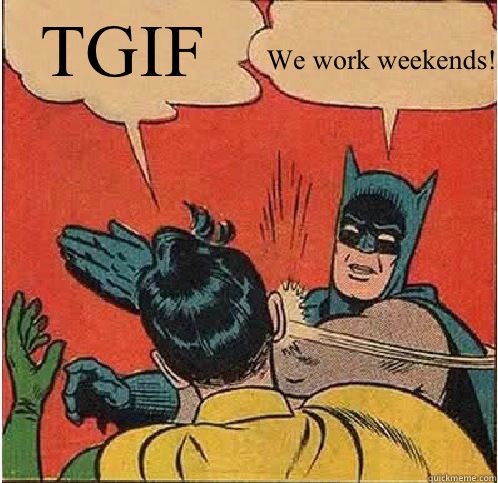By Chris Warren.
I was on YouTube researching material for another website I write for and ended up wandering around and getting lost on my own click trail. YouTube does a great job of getting me to drift off task. My proclivity to being an easily distracted airhead had me watching clips from the classic British children’s movie Chitty Chitty Bang Bang. I loved that movie as a kid. It never seems to get tiresome and I diverted from my mission for just a few minutes to partake in a little childhood joy.
I did not have time to watch the entire movie, but I saw enough Chitty Chitty Bang Bang clips to realize what I did not notice as a kid: The story, intentionally or not, had some depth to it. It was not just a cute kids’ movie. There were lessons buried in there:
Children can be strong agents of change. The magical Chitty Chitty Bang Bang car would never have existed if the kids had not grown fond of it and begged their eccentric inventor daddy to buy the old wreck before the junkman did. What started as a mere appeasement of children turned out to be a major process of self realization for its builder.
In real life, adults learn a lot about themselves as a side effect of doing some pretty crazy stuff to please kids. Having kids means not living solely for yourself. It means being needed. And sometimes, it means buying an old junk car that you would otherwise have no interest in because a little kid begged you. It reminds me of all the things my parents put up with to make me happy and how that contributed to their wisdom.
How many of us will not actively go looking for a challenge but will accept one if it is given?
Great people always underestimate themselves. Main character Caractacus Potts (played by Dick Van Dyke), is a loving single dad of the two children but is a somewhat inept inventor who doesn’t make any real money. Lacking confidence, he seems resigned to his mediocre standing until he is forced take his flying car to the fictional Kingdom of Vulgaria and rescue his kidnapped father.
He successfully recovers his father and unintentionally also liberates an entire country from their immature man-child Baron. Throughout the story, even Caractacus himself seems amazed at his own abilities and those of the car that he built. By the end of the movie, everyone returns home safely. Caractacus gets the pretty girl, finally attains status as an inventor, and lives happily ever after. And oh yeah, the children get a really cool car that can also be a boat and an aircraft.
Great people usually begin as average people. On the surface, Chitty Chitty Bang Bang is just a whimsical kids’ story. But in the mix is a regular guy many of us can relate to: Potts trudges through life doing the best that he can with what he has. He deeply loves his kids but does not have a lot of money to give them the lifestyle he’d like. He never gives up, but does not take any big risks, either. That is, until he is forced to. How many of us will not actively go looking for a challenge but will accept one if it is given? It’s not the same as being lazy. Some of us just need a little push. Like many people who overcame adversity or achieved a difficult goal, Caractacus didn’t know how great he was until being great was the only option.
Ok, I know the plot of Chitty Chitty Bang Bang is a very far fetched and implausible children’s movie, but I’m not reading too much into this. There are legitimate lessons buried in there. Even the movie itself defied its own fate: It received wishy-washy reviews from the critics when it was released and was only a modest financial success. Yet like Caractacus it endured and hung in there and is now considered a timeless classic. What entertained me as a child now enlightens me as an adult., and that’s not silly kid stuff.











